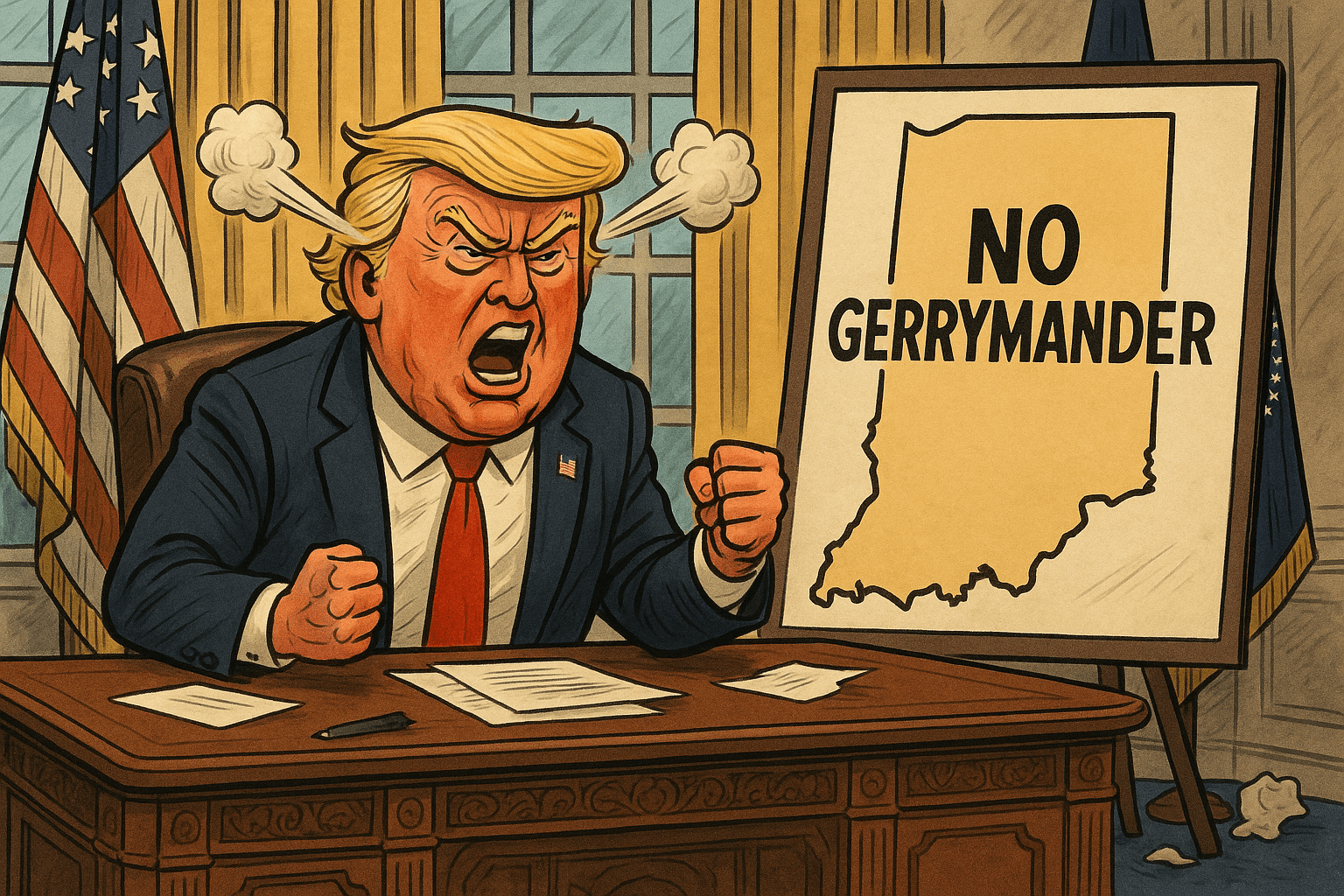Richmond, Calif. Will Vote on Ranked Choice Voting in November

The Richmond City Council unanimously approved a ballot measure for November in a 5-0 vote that authorizes the use of ranked choice voting (RCV) for mayor and city council elections.
If approved by voters, the only barriers to implementing RCV would be financial and technical adjustments by the Contra Costa County Registrar of Voters.
The ballot question was written with this in mind:
"Shall the City of Richmond Charter be amended to authorize use of instant runoff voting, also known as ranked choice voting, to allow Richmond voters to rank Mayor and City Council election candidates in order of preference on their ballots, which voting system would be implemented once it becomes technically and financially feasible through the Contra Costa County Registrar of Voters and upon adoption of an implementing ordinance by the Richmond City Council?”
RCV is already used in several jurisdictions in California, including Albany, Berkeley, Oakland, San Francisco, San Leandro, and will soon be implemented in Eureka and Redondo Beach.
It has also previously been approved by voters in Davis, Ojai, and Santa Clara County -- which could soon switch to its use after the California Legislature approved a bill that allows the county to use RCV.
The Richmond Reform Act
Richmond voters will have two reform measures on the ballot. Along with the RCV measure, the Contra Costa County Clerk-Recorder-Elections Department certified an initiative called the Richmond Reform Act.
The Richmond Reform Act would amend the city's charter to require municipal primaries in which a candidate could win an election outright if they get 50%+1 of the vote.
If no candidate gets a majority, then the top two candidates move on to a general election.
Richmond currently has plurality elections, which means a candidate does not need over 50% of the vote to win. They can win an election even when a majority of voters cast their ballot for someone else.
Mayor Eduardo Martinez, for example, won his last election with 39.20% of the vote.
The Richmond Reform Act creates two scenarios: A candidates could win outright in primary elections, which historically do not have turnouts anywhere near as high as November general elections.
OR, no candidate gets a majority in the primary and general election voters choose between two candidates in November.
It is not uncommon for cities to have this type of election model. San Diego, for example, used it until voters approved Measure K in 2016 which required all local races to have a general election.
Measure K was sponsored by the Independent Voter Project which asserted that the "50%+1" rule was easily exploited by political insiders and special interest groups to have the most influence in elections.
Put simply, putting up a candidate that can rely on name ID alone can be enough to win an election before most voters have a chance to participate.
Two years after Measure K was approved at the city-level, San Diego County voters approved Measure D to ditch the "50%+1" rule at the county level as well.
Another Option to Get Majority Outcomes
Both RCV and the Richmond Reform Act guarantee majority winners. However, there are important differences for voters to consider.
RCV advocates argue their reform can avoid the expense of an additional election while also offering general election voters the full slate of candidates.
Under RCV, voters have the option to rank candidates in order of preference. If no candidate gets over 50% of first choice selections, an instant round of runoff is triggered.
The last place candidate is eliminated, and their voters' next choices are applied to the results. This process repeats as needed until a candidate has at least 50%+1 of the vote.
Voters rank candidates in the order they would vote for them if their higher choice was not in the race so multiple rounds of runoff can be held without another election.
In other words, the reform offers a majority outcome without sacrificing voter participation or choice.
If approved by voters, the city would have to coordinate with county officials to work out the cost and administration of an RCV election
Due to the county not being ready for RCV elections right now, it is possible that it may take more than one election cycle to implement.
 Shawn Griffiths
Shawn Griffiths







